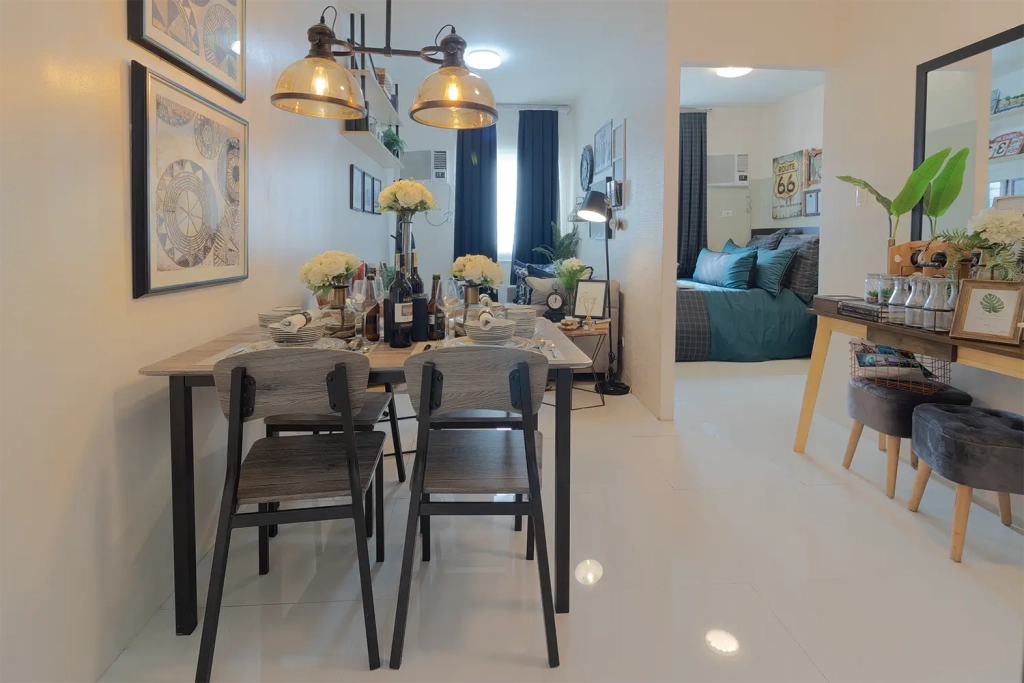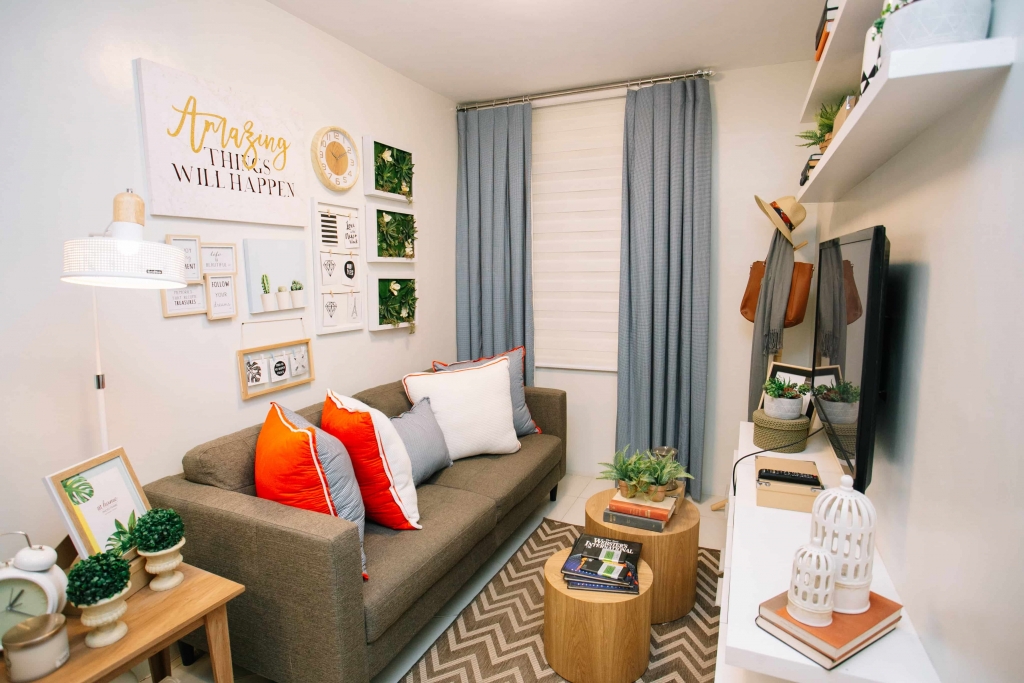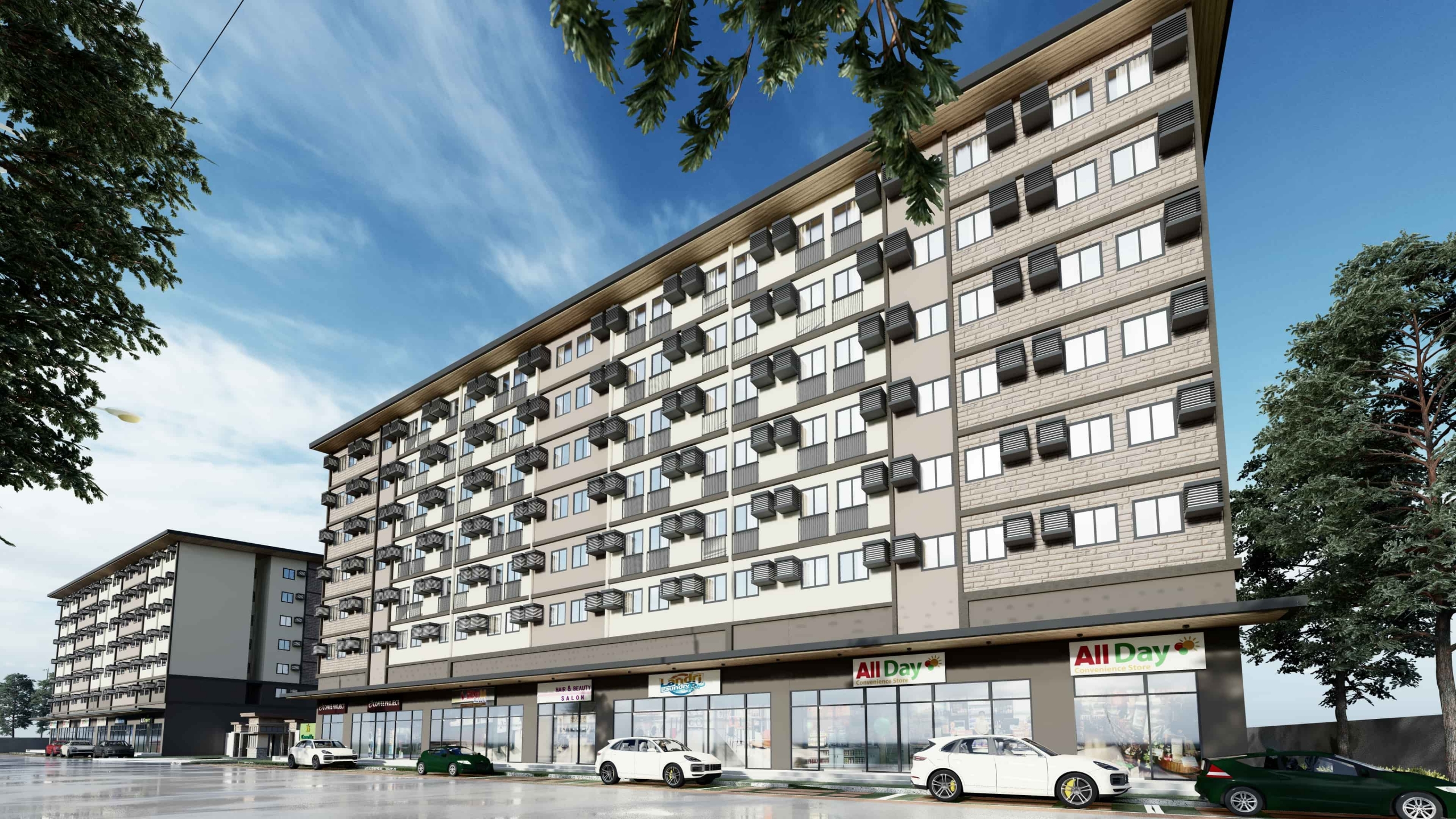
Living in a condo has become a popular choice for many Filipinos. One reason for this is the convenience and amenities that condo complexes offer. Additionally, having a condo unit in business centers like Metro Manila has become more of a need rather than a choice. This is especially true for young people who want to live close to work and leisure.
If you are interested in buying a condo in the Philippines, there are a few things you need to consider to ensure a smooth and successful purchase. This guide will take you through the process of buying a condo in the Philippines.
Guide to Buying a Condo in the Philippines
Whether you are a veteran investor or a first-time real estate property buyer, knowing the step-by-step process of buying a condominium in the Philippines can be beneficial.
Determine your budget
The first step to purchasing a condo unit is to determine your budget. The cost of a condominium in the Philippines varies depending on its location, size, and amenities. To have a ballpark of the prices, you can check property developer websites and property listing sites or request a quotation from a real estate agent. Additionally, make sure to factor in additional expenses such as association dues, maintenance fees, and property taxes.
Choose a location
After the budget, choosing a location is the next important factor when buying a condominium in the Philippines. There are now additional prime locations besides Metro Manila for condos to choose from. Camella, for instance, has expanded its development of vertical villages to provinces beyond the metro, such as Bulacan, Batangas, and other key provinces in the Philippines. Ultimately, you should consider the accessibility of the location, its proximity to your workplace, and the availability of public transport around.
Read more on the things to consider when buying a condo.
Research the developer and the property
Get a background on the developer you transact with and the property before making any purchase. What is the developer’s track record or reputation in the industry? Also, check the community, properties, amenities, and other establishments around the development you are eyeing. This way, you get a good sense of the neighborhood and know what to expect.
Check the property documents
After you have decided on a property, the next thing to do is check the documents. Ensure the validity of the title, tax declaration, licenses, and other permits. By doing this, you ensure that the property you want to purchase is “clean, ” meaning it is free from legal impediments. Ultimately, it should indicate that the seller (whether a developer or another owner) has the legal right to sell the property.
Review the contract and payment terms
Before signing any contract, make sure to review it thoroughly. First, it should say you are the sole owner of the condo property. Also, look for hidden charges or fees and see that the payment terms are favorable.
Additionally, this is also where you determine how you are going to pay for your condo. You can either make spot payments, take up a loan from a bank, or avail of the in-house financing that most developers offer.
Aside from the sales contract, also understand the obligations and responsibilities of being a condo owner. More than being a property owner, you are also becoming a part of an established community. That said, it is important to understand and adhere to its association’s terms and conditions for everyone’s mutual benefit.
Prepare for the turnover and move-in
Once you are done with the buying process, the next step to prepare for is the turnover and move-in. Generally, this is where you register with the condominium association, pay the required fees, and set up the essentials. Depending on your needs, this includes utilities like electricity, water, and internet.
But, before you accept the property turnover and move in, go through this checklist.
Indeed, condo living in the Philippines offers various advantages, such as accessibility, security, and convenience. However, this can only be a worry-free lifestyle if you do your due diligence and take precautions to ensure a successful purchase.
What documents do I need to prepare when buying a condo in the Philippines?
Regardless of the property, buying a piece of real estate in the Philippines is a transaction that involves many documents and papers. Here are some items you must be familiar with if you plan to buy a condo.
Proof of Identity
When buying a condo, Identification Cards are usually required to proceed with the purchase. IDs serve multiple purposes throughout the buying process. First, it verifies the buyer’s identity and ensures their legality in entering the real estate transaction.
This helps prevent fraud and protect the interests of all parties involved in the sale. Lastly, an ID may be required by lenders or government agencies when applying for financing or during property transfer.
It can be any government-issued ID with a photo, such as a passport or a driver’s license. Depending on the developer or the real estate broker’s requirements, you may also need to present additional identification documents.
Generally, the accepted IDs are the following:
- Philippine passport
- Driver’s License
- Professional Regulation Commission (PRC) ID
- Unified Multi-Purpose ID (UMID)
- Social Security System (SSS) ID
- Government Service Insurance System (GSIS) ID
- Postal ID
- Voter’s ID
- Tax Identification Number (TIN) ID
- PhilHealth ID
Proof of Income
The proof of income is your testament as a buyer that you can pay for the property, the homeowner association fees, property taxes, and home insurance. Lenders also require this document before they approve your request for financing. In other words, it determines the degree of your creditworthiness and capacity to repay the loan. It may include pay stubs, employment verification letters, and bank statements.
From the seller’s standpoint, your proof of income helps them assess your ability to meet the financial obligations of the property. With solid proof of income, you assure the seller or real estate agent that you have the means to go through with the purchase.
Reservation Agreement
A reservation agreement is an essential document that outlines the terms and conditions of your purchase. At the same time, it protects the buyers’ and sellers’ interests. In this case, it is you and the developer or the property owner.
This agreement also holds the property for a period of time (either weeks or months) while you do your diligence, like obtaining financing or conducting inspections. With the agreement in place, the property owner or real estate agent cannot offer the same unit to another buyer. Also part of the agreement is the price and other conditions to fulfill before the sale.
In short, the reservation agreement should clarify and usher in a smooth and successful transaction.
Contract to Sell
A contract to sell is a legally binding agreement that details the terms and conditions of the sale between you (the buyer) and the seller. It ensures that both parties have understood and agreed upon the terms, such as price, payment terms, and other conditions to avoid future disputes.
Additionally, the contract to sell provides a legal recourse should any party fail to fulfill their obligations. This document protects the sellers in cases where a buyer fails to pay the stated price. It also protects the buyer if the seller fails to transfer the title to the buyer.
Deed of Absolute Sale
The Deed of Absolute Sale is the legal proof of ownership from the seller to you. Securing this document protects you from any future claims or disputes over ownership of the property you bought.
However, remember that the Deed of Absolute Sale also transfers the responsibility for the property to you. This means the seller is no longer responsible for any issues arising with the property.
Overall, this deed establishes clear ownership, protects the seller from future claims and serves as proof for financing and legal documents. That said, ensure that the document is valid by checking if it is properly executed and registered with the relevant agencies.
Transfer Certificate of Title (TCT)
Like other documents previously listed, the Transfer Certificate of Title (TCT) is another document that proves ownership and provides legal protection. It is also evidence of ownership, protection from future claims, and proof of financing or legal documents. When accepting a TCT, ensure it is free from liens or disputes.
Tax Declarations
The tax declarations are important when buying a condo as they provide information about the property’s assessed value, obligations, and any outstanding liabilities. This way, it helps you determine the property’s actual price and, by extension, the fees you have to pay as a buyer. More importantly, it enables you to assess the unit’s value to know you are not overpaying for the property.
Additionally, tax declarations can be used as proof of ownership and a useful document when applying for other legal papers. Since the tax declarations provide important information, reviewing these documents carefully or consulting with a professional for any concerns is essential.
Receipts of Payments
The receipts of payment are important documents when buying a condo as they serve as proof of payment and financial obligations. Furthermore, it is clear evidence of the amount and date of income that can be used in legal or tax-related matters. Alternatively, you can use them as evidence for financing or legal documents.
Make sure there is proper issuance and documentation of receipts. You should keep copies for your records and ensure the original receipts are registered. Overall, payment receipts protect your financial interests, and you should obtain them from the seller as part of the purchase process.
Own a condo in Camella

When buying a condo in the Philippines, choose only a trusted real estate developer like Camella. Our vertical villages offer urban conveniences a few minutes away from your home in a lush and green community. With over four decades of track record in the industry, condo buying in Camella is safe, secure, convenient, and easy to understand.
Start your condo ownership journey today and check out Camella’s vertical villages in Caloocan, Laguna, Batangas, Davao, Palawan, Bacolod, and Butuan.

Check out our Condo for Sale Properties
Discover our condo for sale properties in the Philippines

